The war is "not entirely frozen," even if it appears so in some areas, Professor Emeritus Hall Gardner says. He believes the Russian army is using a "meat-grinder" tactic to advance, particularly around the city of Pokrovsk in the Donetsk region, which he described as a strategic focal point. He said that if the Russians manage to surround and control the city, they will gain access to the entire Donbas.
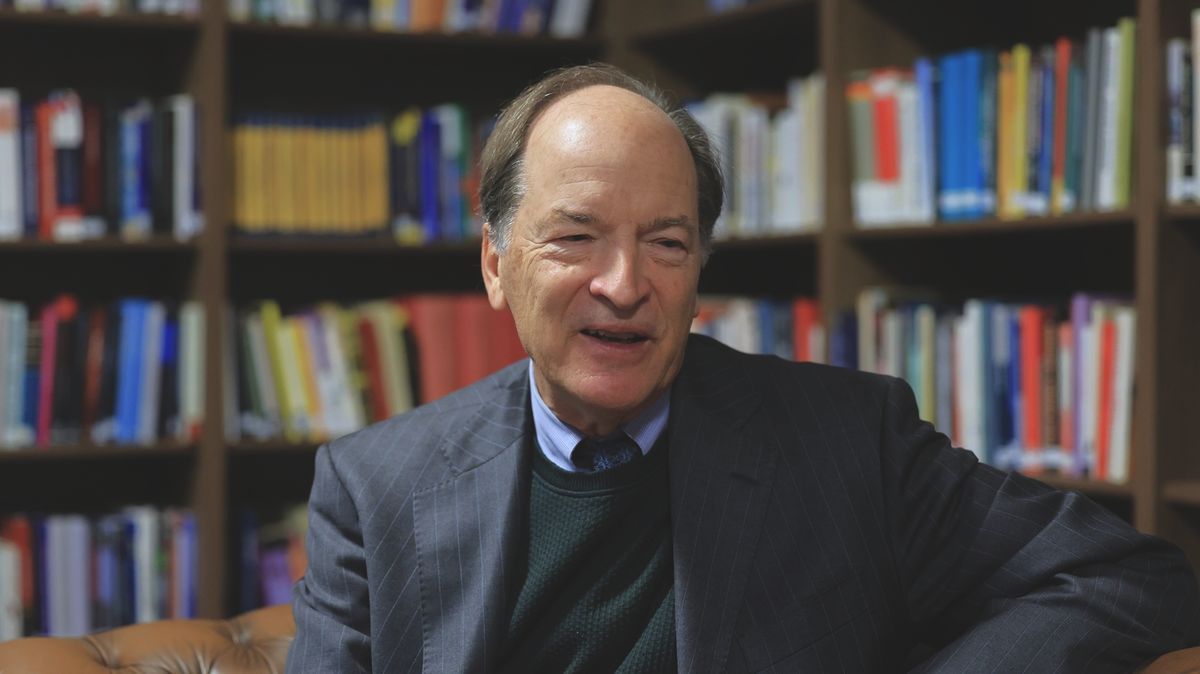
The professor argues that Moscow believes it can continue its offensive, which is why it is not yet seeking a serious settlement.
Putin’s main goal at the moment is occupying Pokrovsk,
he told our paper. He added that the front line remains dynamic because both sides are attacking each other’s infrastructure to destroy logistics, which can occasionally lead to breakthroughs.
As winter approaches, Gardner expects the fighting to slow down, just as it did during the Yugoslav wars. "Things usually quiet down in winter," he explained. He believes Russia’s current strategy is to target Ukraine’s energy facilities, hoping that the population will become angry and turn against the government.
Trump’s Strategy and the Chance of Peace
The professor believes Donald Trump’s goal is to put pressure on Russia while restraining Ukraine, forcing both sides toward compromise. He argues that the U.S. president deliberately withheld Tomahawk cruise missiles from Kyiv. "The idea of providing Tomahawks to Ukraine was extremely dangerous," Gardner said, adding that Trump’s decision not to do so was correct.
According to the latest reports, the Pentagon has approved the potential transfer of long-range Tomahawk missiles to Ukraine, having determined that doing so would not jeopardize U.S. weapons reserves. Trump, however, decided against it. As Magyar Nemzet previously reported, Trump stated aboard Air Force One that
he is not planning to sell Tomahawks to NATO nations that would transfer them to Ukraine.
The professor recalled that Russia had warned Washington that if Ukraine received such weapons, Moscow would deploy its "new nuclear missile capabilities."
Gardner cautioned that transferring Tomahawks could have triggered "a full-scale arms race." He emphasized that the New START Treaty (New Strategic Arms Reduction Treaty) expires in February 2026. If it is not renewed, the world could drift into "the greatest arms race in human history."
He believes the next six months will be crucial. "By February, the United States, NATO, Ukraine, and Russia must find some form of compromise," he said.
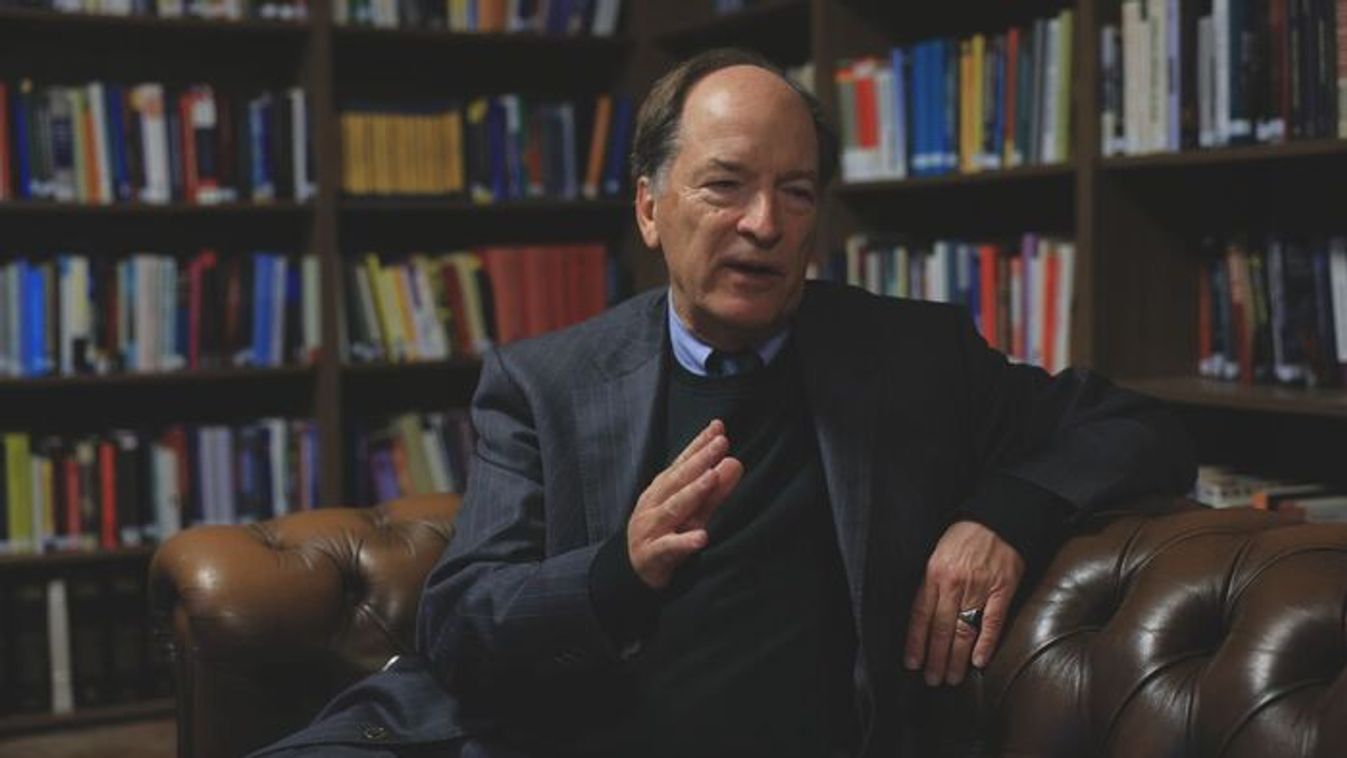
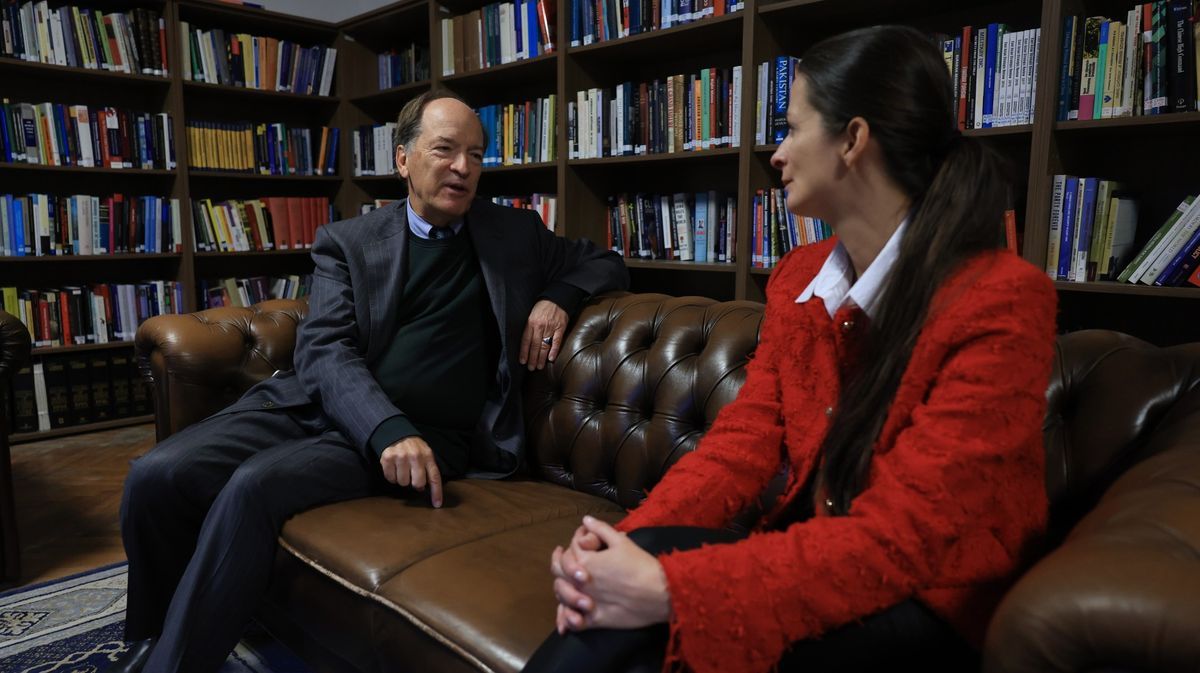

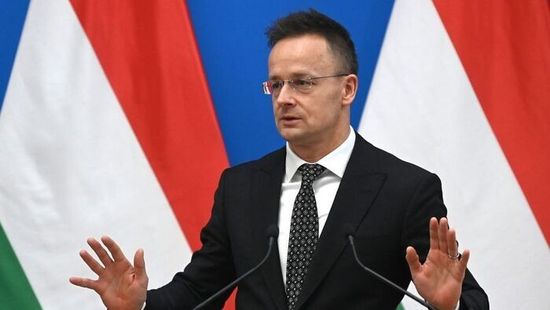

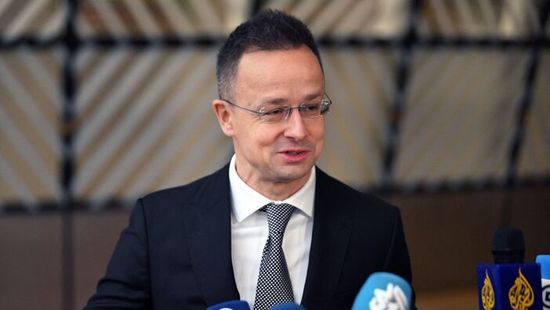


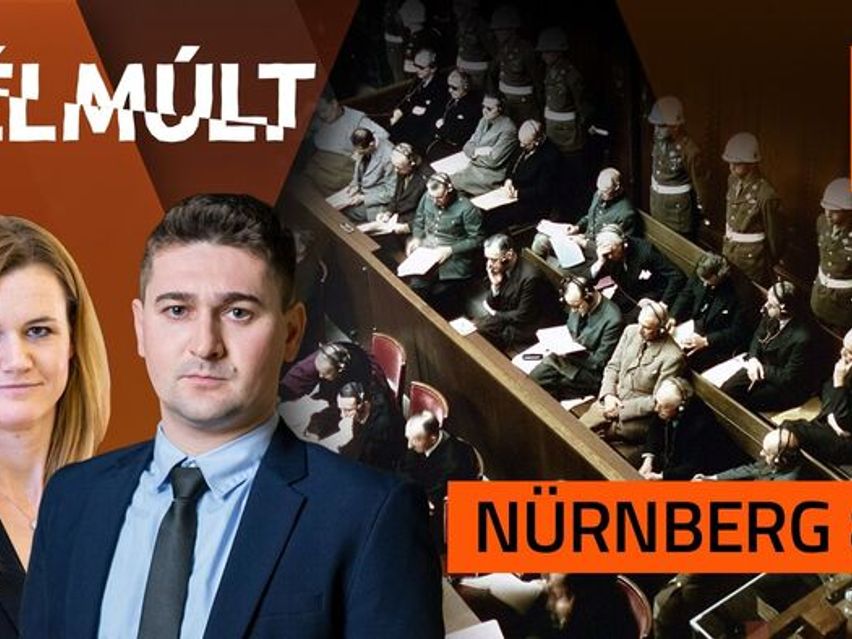
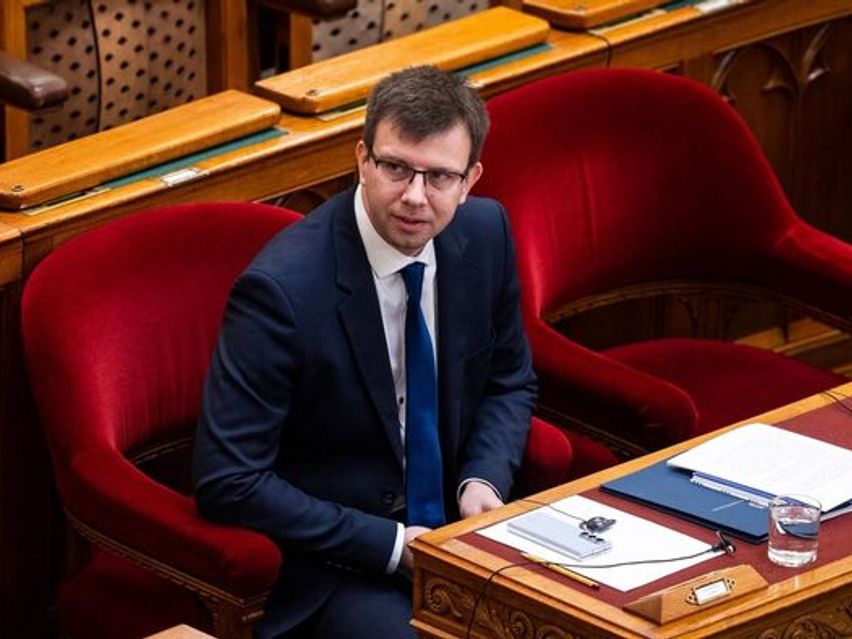





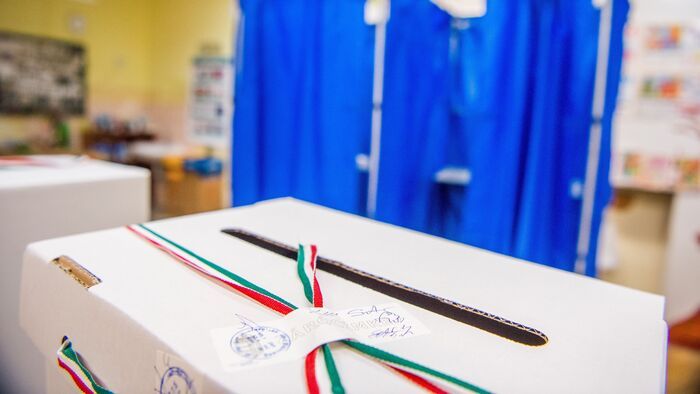
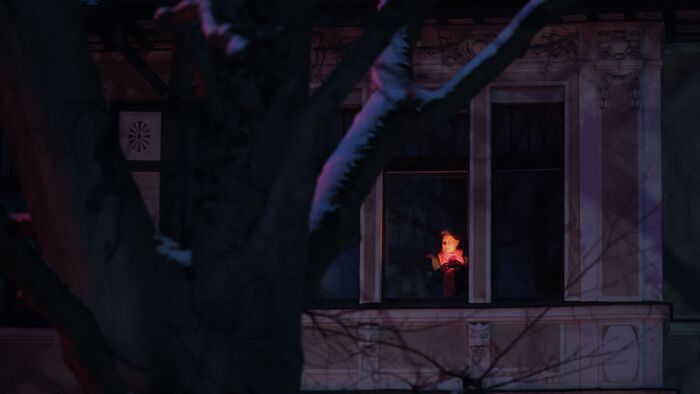
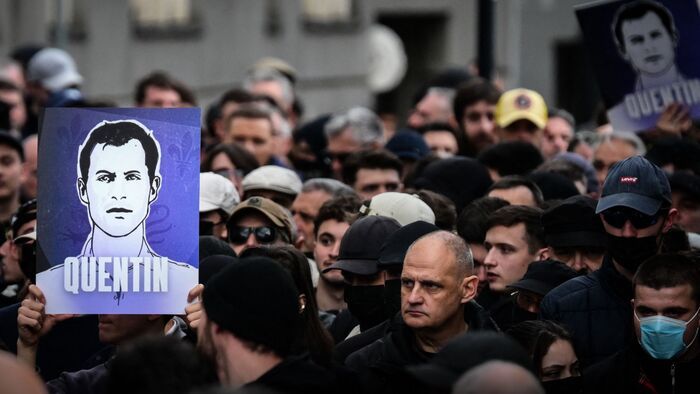





Szóljon hozzá!
Jelenleg csak a hozzászólások egy kis részét látja. Hozzászóláshoz és a további kommentek megtekintéséhez lépjen be, vagy regisztráljon!